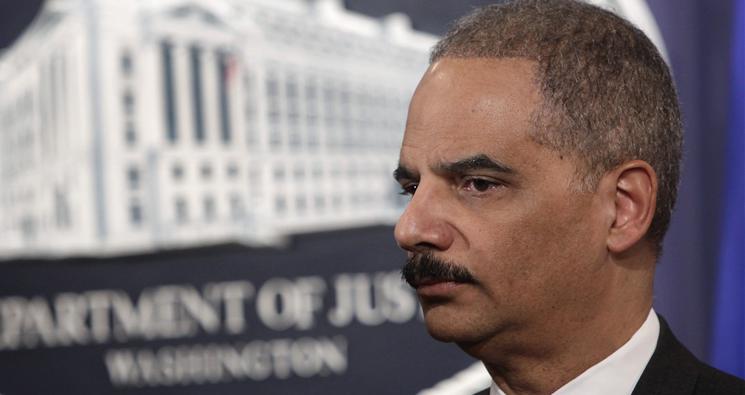Whose Burden is it Anyway? DOJ Gets It Wrong
Today, the ACLJ filed a friend of the court brief with the Tenth Circuit Court of Appeals in support of Reaching Souls International, Truett-McConnell College, and GuideStone Financial Resources of the Southern Baptist Convention. These entities are challenging the HHS Mandate (which requires non-exempt health plans to include abortion-causing drugs and devices) and, in doing so, are also challenging the administration’s so-called “accommodation” for religious non-profits that object to the Mandate.
As explained in more detail here and here, the government’s “accommodation” is not really an accommodation at all. The “accommodation” requires objecting non-profits, under pain of ruinous financial penalties, to execute a form that empowers a third party (such as an insurance carrier or third party administrator) to provide the very drugs and services to which the non-profits object. Thus, just like the Mandate itself, the “accommodation” requires direct employer participation in the provision of the objectionable drugs and devices despite the objections of these employers. The government’s so-called “accommodation” is like telling a religious hospital or homeless shelter, “you don’t have to pay for your employees’ abortions, but you must authorize someone else to do so -- or pay a penalty.” In other words, as with the Mandate, the religious employer’s own action triggers the provision of the abortion-causing drugs (and, in the employer’s eyes, moral culpability). Is this an accommodation of sincerely held religious beliefs on a matter of fundamental, moral concern? Hardly. In challenging the Mandate and the “accommodation,” these non-profits are not seeking to prevent anyone from using their own money, or government funding, to obtain any drug or device; they simply cannot in good conscience play a direct, active role in the process themselves.
The district court in this case rejected the government’s argument that the “accommodation” doesn’t substantially burden religious exercise. Judge DeGiusti of the Western District of Oklahoma wrote that “the accommodation scheme applies substantial pressure on Plaintiffs to violate their belief that participating in or facilitating the accommodation is the moral equivalent of directly complying with the contraceptive mandate.” (To date, 22 out of 24 religious non-profit employers have obtained preliminary injunctions against the government.) Not surprisingly, the government appealed.
One of the government’s arguments in its appellate brief is that when a court evaluates whether one’s religious exercise has been burdened by a rule or regulation, the court shouldn’t just consider the burden on the religious claimant, but how the religious claim allegedly burdens others -- here, how the claim of a religious non-profit might burden its employees and their beneficiaries. That is nonsense.
As we point out in our amicus brief, none of the Supreme Court decisions cited by the government supports its position. In fact, as we explain, those very same cases say the opposite: when evaluating a burden in the religious freedom context, a court looks no further than the challenged rule’s impact on the claimant’s religious exercise. Any other concerns, harms, burdens, and so forth should be considered in deciding whether the burden is permissible -- after a burden has been found.
If the law is so firmly established on this point, then what is the government up to? The answer is clear: because the government cannot overcome the strict scrutiny that is applied once a burden on religious exercise is demonstrated, the government has to sneak its third party harm argument in elsewhere -- here, at the very threshold stage of determining whether there is a burden on religious exercise in the first place. (Another tactic the government has been trying -- to keep for-profit corporations and their owners from asserting any religious freedom claims at all -- is described here.) While all this might seem like abstract legalese, if the government’s position is accepted, it will have a direct and negative impact on individuals, groups, and corporations asserting religious freedom claims in the future.
We are confident, however, that the Tenth Circuit will reject the government’s efforts on this legal front. Not only do Supreme Court decisions stand in the government’s way, so too does the Tenth Circuit’s own decision in Hobby Lobby, which the Supreme Court will rule upon by the end of the June.
Briefing is still underway at the Tenth Circuit and oral argument has yet to be scheduled. We’ll keep you posted as this important case continues through the appeals stage.
